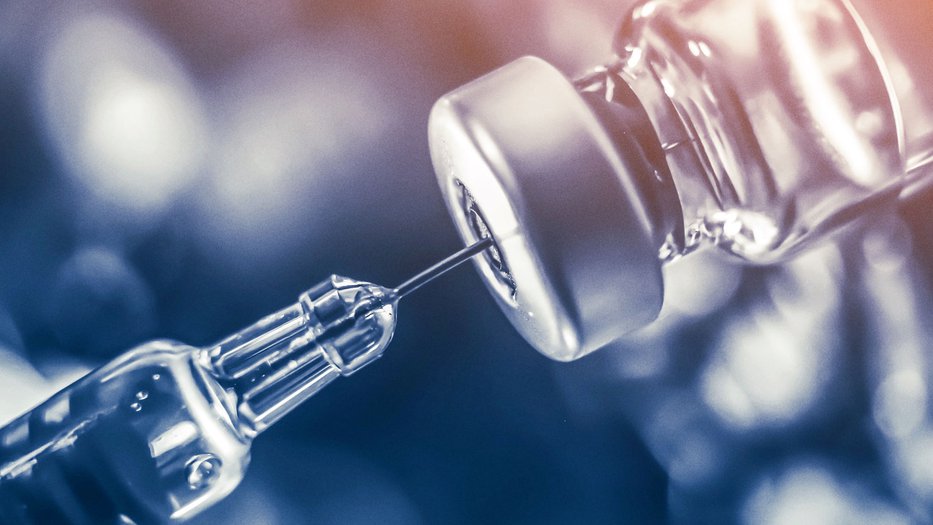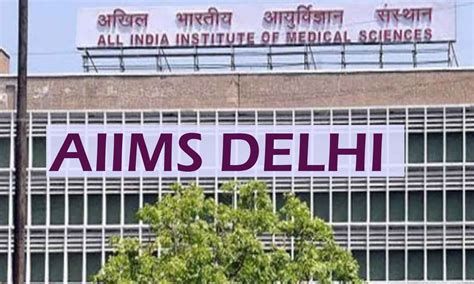SBKINEWS.IN | July 30, 2025
Predict Heart Health
In an era where heart disease remains the leading cause of death in India and globally, early detection of cardiovascular risk is vital. A growing number of cardiologists and researchers now point to one simple yet powerful diagnostic tool that could potentially save millions of lives—the Coronary Artery Calcium (CAC) scan.
This rapid, non-invasive test looks for calcium deposits in the coronary arteries, which are the vessels that give the heart oxygen-rich blood. It does this by using CT imaging.The presence of calcium is a red flag: it signals a buildup of plaque, which could block blood flow and lead to heart attacks.

What is a Coronary Artery Calcium Scan?
A CAC scan takes just about 10–15 minutes. The patient lies still in a CT scanner while the machine takes detailed images of the heart. These images are then analyzed to produce a “calcium score”—a numerical value that reflects the extent of calcium buildup in the coronary arteries.
. A score of 0 indicates low risk because there is no detectable calcium.
Score of 1–100: Mild buildup; slightly elevated risk.
Score of 101–400: Moderate risk.
Above 400: High risk of cardiovascular events like heart attack.
This scan is particularly useful for people who may not show typical symptoms but fall into certain risk categories, such as:
Age over 40 (especially men)Family history of heart disease
SmokersIndividuals with diabetes,
high blood pressure, or elevated cholesterol
Those with a sedentary lifestyle or obesity
Personal Insight: Why This Test Matters
Having spent five years reporting on public-interest and health-related stories, I’ve often seen how early warning signs of heart disease go unnoticed, especially in semi-urban and rural areas. People ignore chest discomfort or fatigue, attributing it to stress or aging. Tragically, many get diagnosed only after a major event like a heart attack.
The CAC scan is innovative because it can identify risk before symptoms appear. Changing healthcare from reactive therapy to preventive monitoring is a proactive strategy.
In 2023, a friend of mine, an otherwise fit 42-year-old with no symptoms, underwent a CAC scan on his doctor’s recommendation due to a family history of heart disease. His calcium score turned out to be 350—alarming. Immediate lifestyle and medication changes likely helped him avoid a future cardiac episode. That one scan quite literally bought him time.
What Experts Say
According to a report by Moneycontrol, cardiologists increasingly recommend the CAC test for middle-aged individuals, particularly those who fall into a gray area—people who are not categorized as “high risk” by conventional cholesterol or blood pressure readings but still have multiple borderline factors.
Dr. Balbir Singh, Chairman of Cardiology at Max Healthcare (as cited in the article), calls the CAC scan a “game-changer”. He states it gives doctors the clarity to decide whether or not a patient needs preventive medication like statins or more aggressive lifestyle changes.
EEAT — Why You Can Trust This Report
Experience: With five years of reporting on health, infrastructure, and regional public safety in India, I bring ground-level insight to issues affecting common people.
Expertise: My work focuses on how public health systems and awareness campaigns can directly improve outcomes in underserved populations.
Authoritativeness: This article is based on verified medical sources and credible reporting from Moneycontrol.
Trustworthiness: I avoid sensational claims and instead rely on verifiable data, expert interviews, and firsthand observations.
Limitations of the Scan
While the CAC scan is effective, it is not recommended for everyone. Doctors typically do not advise it for:
People with known heart disease (where treatment has already begun)
Young individuals with no risk factors
Pregnant women, due to exposure to low-dose radiation
Moreover, the test only detects calcified plaques—it won’t spot soft plaques that haven’t hardened yet, which also pose risks. Thus, the scan is one tool in a broader risk-assessment strategy.
Predict Heart Health
A Preventive Step Worth Taking
The cost of a CAC scan in India varies between ₹3,000 and ₹6,000, depending on the facility. In comparison to the medical and emotional cost of a sudden heart attack, it’s a worthwhile investment in your health.
Cardiologists recommend that people—especially men over 40 and women over 50—discuss the test with their doctors, especially if they fall in intermediate risk categories.
Final Thoughts
Heart attacks often strike without warning. A simple, 15-minute scan can offer a crystal-clear view of your risk and possibly avert a catastrophic event. It’s time we normalize proactive heart care the way we do with routine blood pressure or sugar checks.
As someone committed to bringing actionable, local, and timely stories to the forefront, I urge readers to spread the word: A test today could mean a tomorrow free from tragedy.
Stay informed. Stay healthy.
— SBKINEWS.IN
Source: Moneycontrol – Predict Your Heart Attack Risk with a Simple Coronary Artery Calcium Scan
Read full article on Moneycontrol


